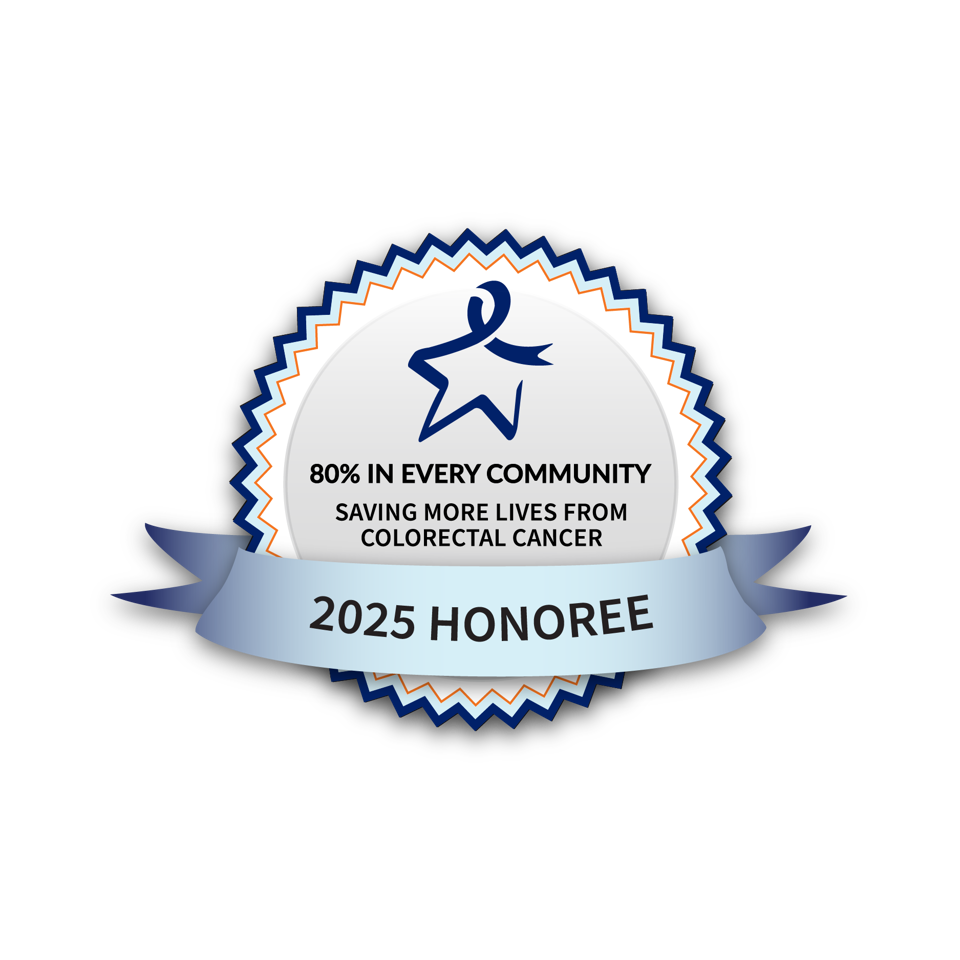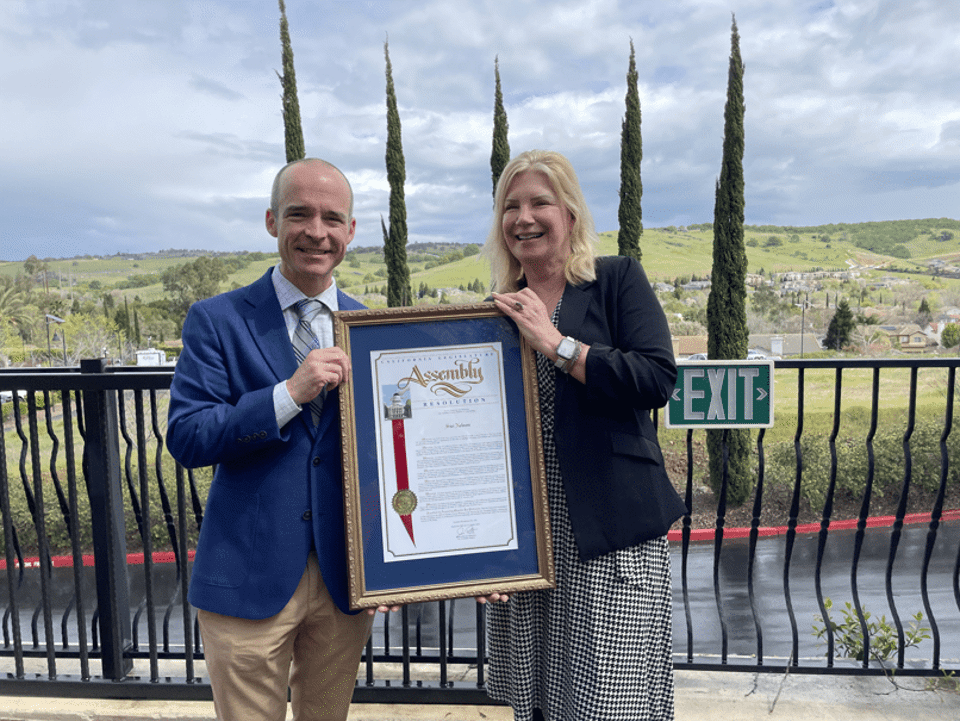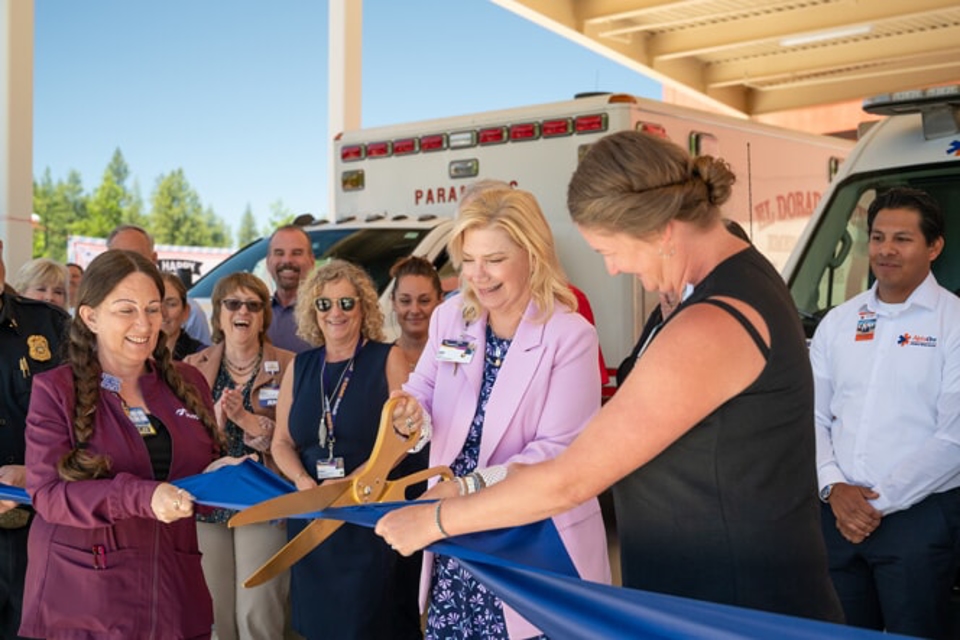March doesn’t just belong to basketball. It also pays homage to the hard-working men and women who are social workers.
Marshall recognizes these caregivers for their unwavering compassion and empathic qualities for the individuals they serve.
“The social workers are Marshall’s Statue of Liberty: They treat the tired, the lonely, the forgotten. Our most vulnerable patients, their families included, are welcome in their care,” said Mark DeVaughn, marketing and communication specialist with Marshall.
Advance Illness Management, or Palliative Care Program, supports the patients on their journey and aims to improve the quality of life.
The pillars of the AIM program are categorized as the three c’s: choice (making informed choices about their health care), control (patients have a right to control their care) and continuity (patients and their families have a right to get consistent quality medical care).
The AIM program includes nurse practitioners, physicians and social workers. The team at Marshall is a colorful group of dedicated professionals who are there when you need them.
Amy Buchanan has been in the field as a social worker for 11 years. Buchanan has worked in a plethora of different arenas, including child welfare, foster care and the prison system.
“I think the profession chose me I didn’t choose it,” she said. “I feel like you must have instinctual qualities to be able to do this kind of work. When I realized I had those, I decided to pursue this career.”
Ray Martinez, MSW, has been a social worker in the cancer center of Marshall Medical since 2016.
“I dealt with a lot of people who had mental disorders and were off their medications. I had to encourage them to go to the doctor. I had a few encounters with those individuals and I realized I wanted to know the other side of things; how do they get treated,” he said.
Janice Curtin, MSW, started in the school system working with children, then worked with the LGBTQ youth.
‘”I ended up going to graduate school and working with the hospital. When I came here the Palliative Care Program was in its infancy. I started out as a substitute social worker with the program and then it became my passion,” Curtin said. “The patients and their families are the ones who really receive it (the Palliative Care Program). It’s such a gift; and I think the gift that we get is being able to go home every day hearing someone’s amazing story.”
Kellie Curnutt, MSW, is not only a social worker but an Air Force reservist going on 15 years.
“I knew I wanted to be a social worker when I was working at a foster care agency in Sacramento as an office assistant. I saw all the hard work and interaction social workers did and the difference they made. I wanted to affect change,” Curnutt said.
The stressors don’t just fall on the patients. Social workers must know how to navigate those rough waters themselves and decompress to best serve their patients.
“I do a lot of prayer and meditating, I walk my dog. When you have been doing it long enough … I would say this job the most has taught me not to be attached to my outcome. Sometimes we will all get together and go out and reflect. I think that’s always helpful, to be able to trust and converse with your colleagues who do the same thing.”
Debbie Cheevers, FNP, said that social workers are an “exceptional piece” of the Palliative Care program.
“Patients who come to us with life threatening illnesses or end of life illnesses; while they may have symptoms that we can manage, the social work piece is huge. They are indispensable,” said Cheevers.
There is a social worker at the hospital almost every single day. You can choose to come to Marshall as a veteran, the staff explained, for Palliative Care.
“We aren’t self-promoting – we do what we do because it’s who we are,” said Buchanan.





